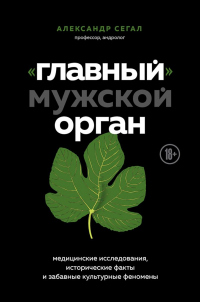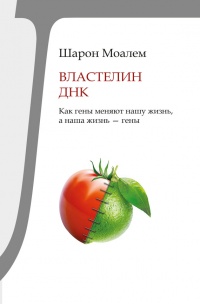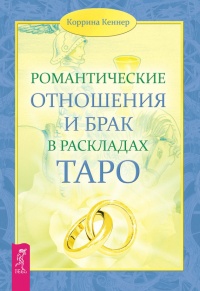Книга А что, если они нам не враги? Как болезни спасают людей от вымирания - Шарон Моалем
На нашем литературном портале можно бесплатно читать книгу А что, если они нам не враги? Как болезни спасают людей от вымирания - Шарон Моалем полная версия. Жанр: Книги / Домашняя. Онлайн библиотека дает возможность прочитать весь текст произведения на мобильном телефоне или десктопе даже без регистрации и СМС подтверждения на нашем сайте онлайн книг knizki.com.
Шрифт:
-
+
Интервал:
-
+
Закладка:
Сделать
Перейти на страницу:
Перейти на страницу:
Внимание!
Сайт сохраняет куки вашего браузера. Вы сможете в любой момент сделать закладку и продолжить прочтение книги «А что, если они нам не враги? Как болезни спасают людей от вымирания - Шарон Моалем», после закрытия браузера.
Книги схожие с книгой «А что, если они нам не враги? Как болезни спасают людей от вымирания - Шарон Моалем» от автора - Шарон Моалем:
Комментарии и отзывы (0) к книге "А что, если они нам не враги? Как болезни спасают людей от вымирания - Шарон Моалем"
























